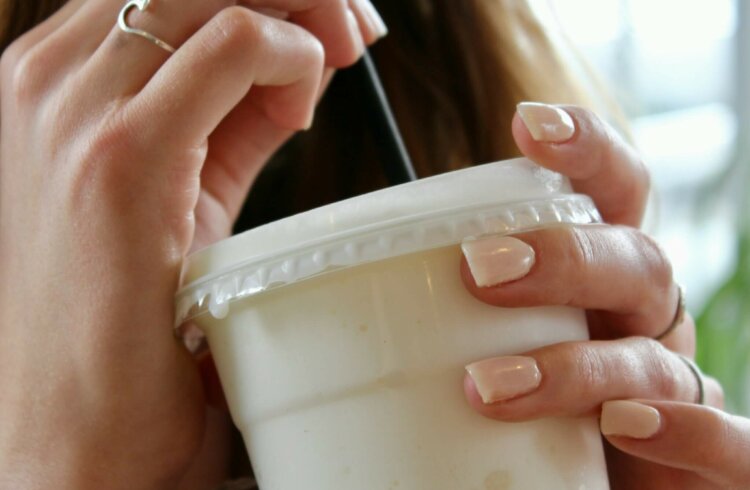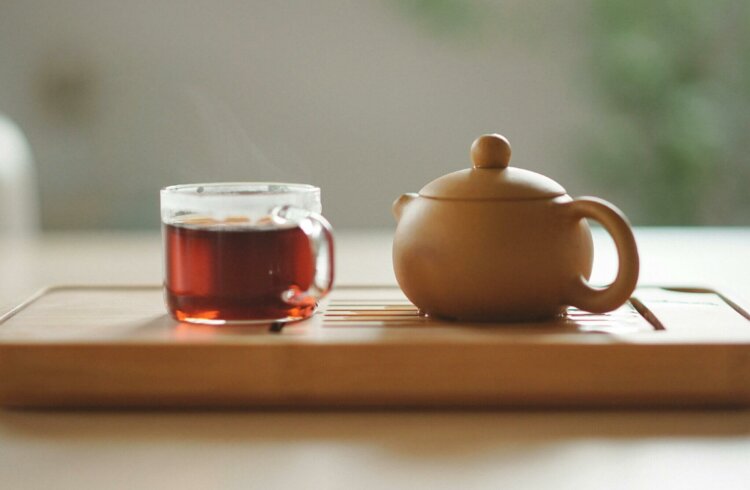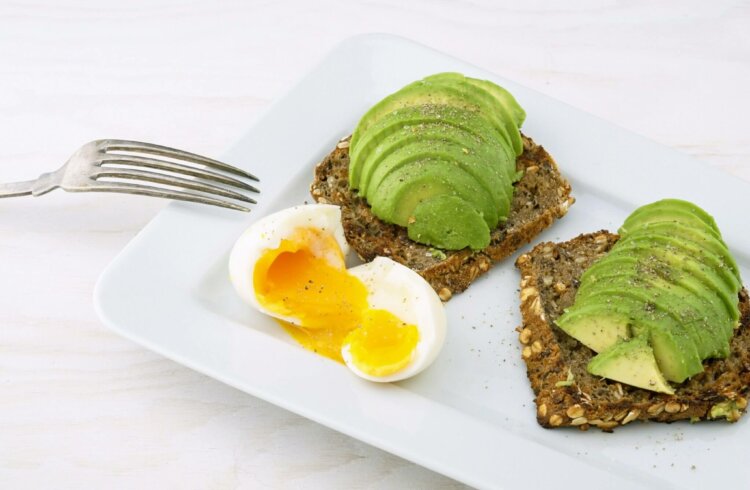There are a lot of questions before starting a fast, especially regarding what breaks and doesn’t break a fast. One of the most frequent questions is if certain drinks, like coffee, are allowed without breaking the fast. To offer clarification and direction to individuals who are navigating their fasting journey, let’s examine the variety of beverages that are suitable for fasting, with a particular emphasis on coffee.
Understanding Fasting and Beverage Consumption
In all its forms, fasting entails giving up all or certain types of food and liquids for a predetermined amount of time. Often, the intention is to advance spiritual development, metabolic health, or both. You can improve your fasting experience by knowing which drinks are suitable for fasting, as not all beverages will cause you to break your fast.

The Role of Coffee in Fasting
Many people’s favorite morning ritual—coffee—is frequently questioned when it comes to fasting. For those who enjoy a good cup of coffee, it is generally accepted that drinking basic black coffee is appropriate when fasting. It doesn’t substantially alter the metabolic state that fasting seeks to accomplish and has very few calories. Due to its high caffeine concentration, coffee may even augment some of the advantages of fasting, such as higher metabolic rate and enhanced mental clarity.

Key Considerations for Coffee Consumption While Fasting
- Keep It Black: To ensure your coffee doesn’t break your fast, drink it black. Adding milk, sugar, or cream can introduce calories, potentially interrupting the fasting state.
- Watch Your Intake: While black coffee is permissible, excessive consumption can lead to increased cortisol levels and disrupt sleep patterns. Moderation is key.
- Listen to Your Body: Pay attention to how coffee affects your fasting experience. Some individuals may find that caffeine on an empty stomach can cause jitters or digestive discomfort.
Other Fasting-Friendly Beverages
Besides coffee, several other drinks can fit into your fasting regimen without breaking your fast:
- Water: Essential for staying hydrated and can be infused with lemon or herbs for added flavor.
- Tea: Green tea, herbal tea, and black tea are calorie-free and can offer health benefits, including antioxidants.
- Bone Broth: For those practicing bone broth fasts or looking for a way to manage hunger pangs during longer fasts, a small amount of bone broth can provide nutrients without breaking the fast.
Including beverages that are suitable for fasting can enhance the pleasure and advantages of your fasting experience. Knowing that there would be black coffee available will help those who enjoy their coffee to fast more palatable. As usual, the secret to a good fast is to experiment on yourself and determine what suits your body and your objectives for the fast.

The Benefits of Fasting
Fasting is not just about abstaining from food and drink; it’s a practice that can yield numerous health benefits when done correctly:
- Improved Metabolic Health: Fasting can improve insulin sensitivity, helping your body manage blood sugar levels more effectively.
- Enhanced Brain Function: Fasting is linked to neuroprotective benefits, potentially reducing the risk of neurodegenerative diseases.
- Weight Management: It can aid in weight loss and body fat reduction by promoting a caloric deficit and enhancing hormone function to facilitate weight loss.
- Cellular Repair: Fasting triggers autophagy, a process where cells remove and recycle damaged components, promoting cellular repair and longevity.
If you’d like to learn more about the Health Benefits of Fasting click here.
Tips for Breaking Your Fast: The First Meal
Breaking your fast, often referred to as breakfast, is a critical part of your fasting journey. Here are some tips to make the most of this meal:
- Start Light: Begin with something easy on the digestive system, such as a small serving of fruits or a smoothie. This can help prepare your digestive system for more substantial foods.
- Protein and Fiber: Incorporate protein and fiber into your first meal to stabilize blood sugar levels and keep you feeling satisfied longer. Consider options like oatmeal with nuts and seeds or eggs with whole-grain toast.
- Stay Hydrated: Continue to prioritize hydration. Drinking water before consuming your first meal can aid digestion and absorption of nutrients.
- Mindful Eating: Eat slowly and mindfully, paying attention to your body’s hunger and fullness signals to avoid overeating.

Valuable Resources and Tips
To further support your fasting journey, consider exploring the following resources and incorporating these tips:
- Books: “The Complete Guide to Fasting” by Dr. Jason Fung offers comprehensive insights into different fasting methods and their benefits.
- Apps: Fasting apps like Zero or Life Fasting Tracker can help you monitor your fasting windows and offer guidance and community support.
- Websites: Websites like Diet Doctor and Healthline provide a wealth of articles, personal stories, and scientific research on fasting.
- Support Groups: Online forums and social media groups dedicated to fasting can offer encouragement, answer questions, and share experiences.
Specific Tip for Coffee Lovers: If you’re including coffee in your fasting routine, try experimenting with the timing of your coffee consumption to see how it best fits your body’s response. Some find that having coffee mid-fast helps curb hunger, while others prefer it as a morning ritual to kickstart their day.
By embracing these practices, resources, and tips, you can navigate your fasting journey with greater ease, effectiveness, and enjoyment. Remember, the key to a successful fasting experience lies in personalization and listening to your body’s needs.
Have you experimented with different beverages during your fasting periods? How does coffee fit into your fasting routine? Share your experiences and tips in the comments below to help others on their fasting journey. Together, we can discover the most effective and enjoyable ways to fast.



